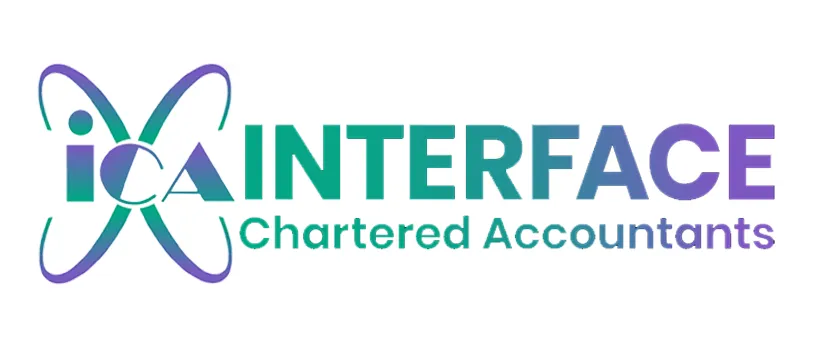Having financial goals is an important part of financial planning. Without financial goals, it can be difficult to have a clear vision of what you want to achieve with your finances. It also makes it more difficult to stay motivated and on track when it comes to achieving financial success. Fortunately, there are several tips you can use to set and achieve your financial goals.
Here are some of the best tips for achieving financial goals:
Develop a Financial Plan:

A financial plan should include both short-term and long-term goals. It should also include an action plan for how you will achieve those goals.
Set SMART Goals:
SMART stands for Specific, Measurable, Achievable, Relevant, and Time-based. When setting goals, make sure they are specific, measurable, achievable, relevant to your overall financial goals, and have a timeline for when you want to achieve them.
Track Your Progress:
Tracking your progress is key to achieving your financial goals. Track both your successes and failures so you can adjust and keep improving.
Automate Your Savings:
Automating your savings can make it easier to save money consistently. That way, you don’t have to worry about remembering to make a transfer each month.
Take Advantage of Tax Benefits:
Making sure you are taking advantage of all of the tax benefits available to you can help you save money and reach your financial goals faster.
Set Up an Emergency Fund:
An emergency fund is a savings account specifically for unexpected expenses. This can help reduce the chances of having to go into debt if you have an unexpected expense.
Avoid Impulse Purchases:

Impulse purchases can quickly derail your financial goals. Avoiding them can help you stay on track and reach your financial goals faster.
Cut Back on Unnecessary Expenses:
Cutting back on unnecessary expenses can help you save more money and reach your financial goals sooner. Analyze your budget and see where you can save.
Make it a Team Effort:
Involve your spouse and/or family members in your financial goals. Having their support and working together can help you stay motivated and on track.
Invest in Yourself:
Investing in yourself can help you reach your financial goals faster.
Conclusion:

This can include things such as continuing education or taking a course to learn a new skill. Achieving financial goals can be challenging, but it is possible. By following these tips, you can reach your financial goals faster and easier. Good luck!
FAQ’s:
-
What are the most important tips for achieving financial goals?
The most important tips for achieving financial goals include setting realistic goals, tracking progress, creating a budget, and seeking professional advice.
-
How can I create a budget to reach my financial goals?
To create a budget to reach financial goals, start by listing all income sources, determining fixed expenses, and setting a spending limit for variable expenses.
-
What strategies can I use to stay motivated to achieve my financial goals?
Strategies for staying motivated to achieve financial goals include setting smaller goals, rewarding yourself for progress, and tracking your progress.
-
How do I create a plan for achieving my financial goals?
To create a plan for achieving financial goals, start by determining your current financial situation, setting a timeline for achieving goals, and creating a budget.
-
What resources are available to help me achieve my financial goals?
Resources available to help achieve financial goals include budgeting apps, personal finance websites, and financial advisor
-
What are some common mistakes to avoid when trying to achieve financial goals?
Common mistakes to avoid when trying to achieve financial goals include overspending, setting unrealistic goals, and not tracking progress.
-
How can I stay on track to reach my financial goals?
To stay on track to reach financial goals, stick to your budget, track your progress, and adjust your goals if needed.
-
How can I adjust my financial goals if my circumstances change?
If your circumstances change, you can adjust your financial goals by revisiting your timeline and budget, and setting new goals based on your current situation.
-
What are the benefits of achieving my financial goals?
The benefits of achieving financial goals include improved financial security, increased confidence, and greater peace of mind.
-
How can I measure my progress toward reaching my financial goals?
You can measure your progress towards reaching your financial goals by tracking progress, reviewing your budget, and determining if you are on track to reach your goals.
 Skip to content
Skip to content

